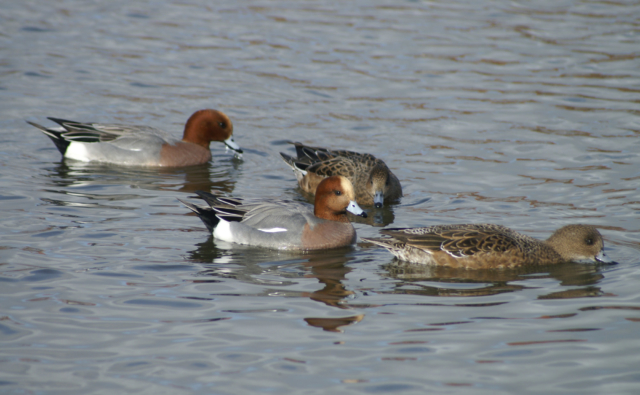Antibiotic resistance – the ability of a bacterium to resist the action of an antibiotic – is a major threat to public and veterinary health. Far from being confined to human populations and livestock farms, antibiotic-resistant bacteria pass from one compartment to another via multiple pathways, and are thus present in aquatic environments and wildlife. Marion Vittecoq, a researcher at the Tour du Valat, in collaboration with the Mivegec laboratory and SYNLAB Midi, has just demonstrated this in a new article published in the journal Ecohealth.

It shows that rodents in the Camargue, particularly mice, carry a wide range of antibiotic-resistant enterobacteria. Even though this diversity is greater in urban environments and sewage treatment plants than in rural habitats, antibiotic-resistant bacteria are even found in nature reserves. All this is in line with the scientific literature and adds to our knowledge of antibiotic resistance in the Camargue and, more generally, in wildlife.
These results remind us of the importance of using antibiotics rationally for ourselves and for our domestic animals, in order to limit the presence of antibiotics and their residues in the environment.
You can access to it on the Tour du Valat web documentary portal.
Abstract:
It is increasingly suggested that the dynamics of antimicrobial-resistant bacteria in the wild are mostly anthropogenically driven, but the spatial and temporal scales at which these phenomena occur in landscapes are only partially understood. Here, we explore this topic by studying antimicrobial resistance in the commensal bacteria from micromammals sampled at 12 sites from a large heterogenous landscape (the Carmargue area, Rhone Delta) along a gradient of anthropization: natural reserves, rural areas, towns, and sewage-water treatment plants. There was a positive relationship between the frequency of antimicrobial-resistant bacteria and the level of habitat anthropization. Although low, antimicrobial resistance was also present in natural reserves, even in the oldest one, founded in 1954. This study is one of the first to support the idea that rodents in human-altered habitats are important components of the environmental pool of resistance to clinically relevant antimicrobials and also that a “One Health” approach is required to assess issues related to antimicrobial resistance dynamics in anthropized landscapes.
Bibliographical reference: Vittecoq, M., Elguero, E., Brazier, L. et al. Antimicrobial-Resistant Bacteria Carriage in Rodents According to Habitat Anthropization. EcoHealth 20, 84–92 (2023). https://doi.org/10.1007/s10393-023-01638-7



